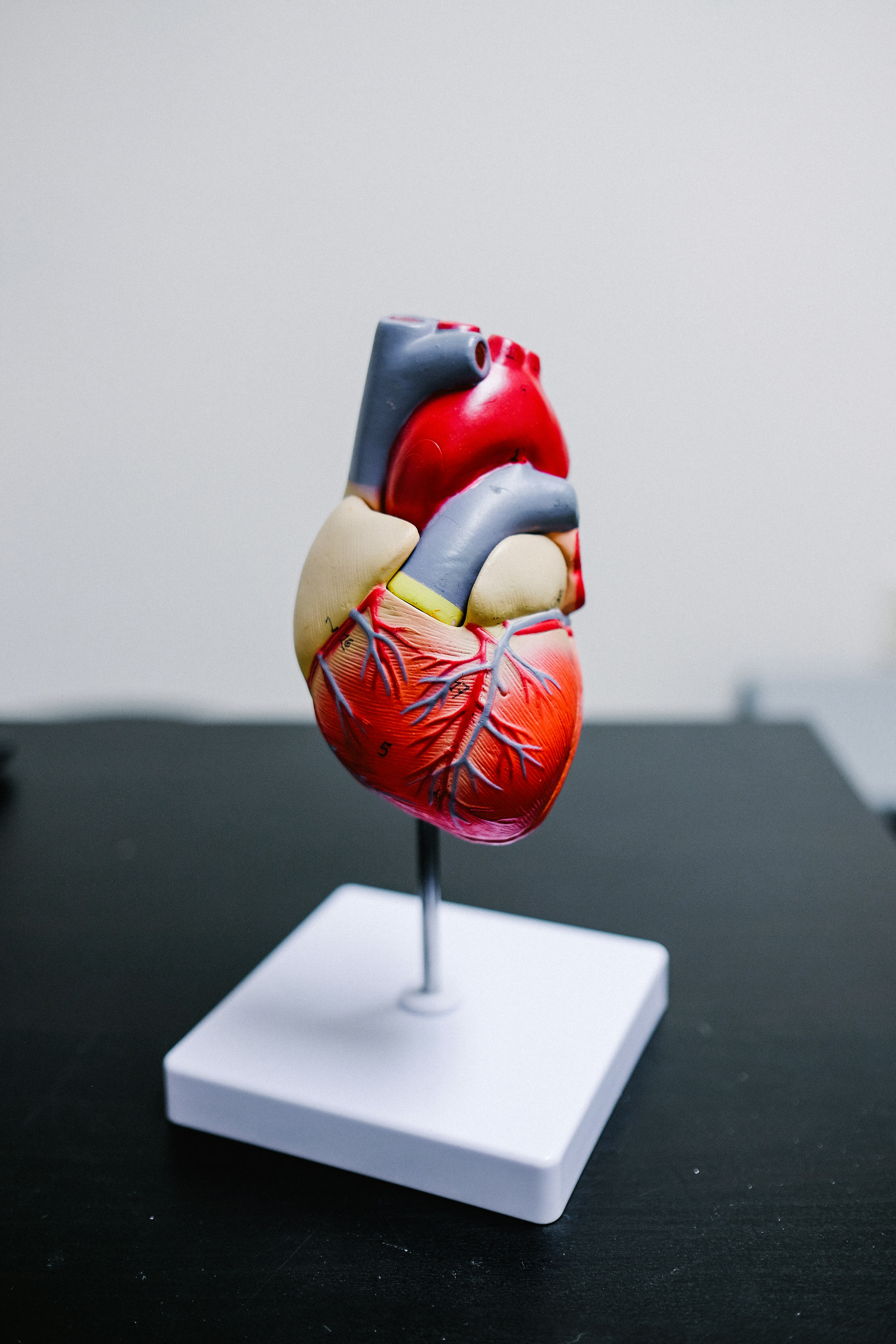A plant-based diet, consisting primarily of fruits, vegetables, whole grains, and legumes, has numerous health benefits. For those with an active lifestyle, incorporating more plant-based foods into their diet can have even more advantages, such as improved performance, recovery, and overall health. This article will explore the various benefits of a plant-based diet for an active lifestyle.
1. Improved Performance
A plant-based diet can provide all the necessary nutrients for optimal athletic performance. Many top athletes, such as Venus Williams and Scott Jurek, follow a plant-based diet and attribute their success to this way of eating. Plant-based foods are rich in carbohydrates, the body's primary energy source during exercise.
They are also high in protein, essential for muscle repair and growth. Additionally, plant-based foods contain antioxidants, which can help reduce inflammation and improve recovery time.
- Carbohydrates: Carbohydrates are the primary energy source for the body during exercise and are essential for optimal athletic performance. Plant-based foods, such as whole grains, legumes, and starchy vegetables, are rich in carbohydrates and can provide the necessary fuel for exercise.
- Protein: Protein is essential for muscle repair and growth, and athletes need to consume enough protein to support their active lifestyle. Plant-based foods, such as beans, lentils, tofu, and nuts, are good protein sources and can help muscle recovery and repair.
- Antioxidants: Exercise can cause oxidative stress, leading to inflammation and muscle damage. Antioxidants in plant-based foods, such as fruits and vegetables, can help reduce inflammation and improve recovery time.
- Other Nutrients: Plant-based diets can also provide a variety of other essential nutrients for athletes, such as iron, zinc, and calcium. These nutrients are necessary to maintain energy levels, support immune function, and promote overall health.
It is important to note that while a plant-based diet can provide all the necessary nutrients for optimal athletic performance, it may require careful planning and the inclusion of fortified foods or supplements to ensure that all nutrient needs are met. Working with a registered dietitian can help develop a well-balanced and nutrient-dense plant-based diet for an active lifestyle.
2. Weight Management
A plant-based diet can effectively manage weight, particularly for those with an active lifestyle. Many plant-based foods, such as vegetables and fruits, are low in calories and fiber, which can help with weight management by providing a feeling of fullness and reducing the risk of overeating.
Plant-based diets are more effective at promoting weight loss than non-vegetarian diets.
- Low-calorie density: Many plant-based foods, such as vegetables and fruits, are low in calories and high in volume, which can help with weight management by providing a feeling of fullness without consuming too many calories.
- High fiber content: Plant-based foods, such as whole grains, legumes, and vegetables, are high in fiber, which can help with weight management by promoting a feeling of fullness and slowing down digestion. This can help reduce the risk of overeating and may also help with blood sugar control.
- Weight loss Effectiveness: Several studies have shown that plant-based diets promote weight loss more than non-vegetarian diets. This may be due to the higher fiber, and lower calorie content of plant-based foods and the lack of added sugars and unhealthy fats often found in animal-based products.
It is important to note that while a plant-based diet can be an effective way to manage weight, it is essential to focus on a variety of nutrient-dense plant-based foods and to pay attention to portion sizes. Additionally, it may be helpful to work with a registered dietitian to develop a well-balanced and calorie-controlled plant-based diet plan for weight management.
3. Cardiovascular Health
A plant-based diet can also have positive effects on cardiovascular health. Plant-based foods are high in fiber, which can help lower cholesterol levels and reduce the risk of heart disease. Additionally, plant-based diets are effective at lowering blood pressure and improving overall cardiovascular health.
- Fiber: Plant-based foods, such as whole grains, legumes, and vegetables, are high in fiber, which can help lower cholesterol levels and reduce the risk of heart disease. Soluble fiber, in particular, has been shown to help lower LDL ("bad") cholesterol levels by binding to cholesterol in the digestive tract and removing it from the body.
- Blood pressure: Plant-based diets have also been effective at reducing blood pressure. It may be due to the high potassium content, which is found in plant-based foods such as fruits and vegetables and has been shown to help lower blood pressure.
- Overall cardiovascular health: In addition to the specific benefits mentioned above, plant-based diets have been shown to improve overall cardiovascular health. Plant-based diets are typically lower in saturated fat and cholesterol and higher in antioxidants and other beneficial nutrients for cardiovascular health.
Even though a plant-based diet can be good for heart health, it is important to focus on a wide range of nutrient-dense plant-based foods and watch your portion sizes. Additionally, it may be helpful to work with a healthcare professional to address any specific risk factors for cardiovascular disease.
4. Environmental Benefits
A plant-based diet can also have a positive impact on the environment. Most of the time, it takes less carbon to make plant-based foods than it does to make animal-based foods. Therefore, it can help reduce greenhouse gas emissions. A plant-based diet can also help save water and land since plant-based foods need less water and land to grow than animal-based foods.
- Lower carbon footprint: The production of plant-based foods typically has a lower carbon footprint compared to the production of animal-based foods. It is because animal agriculture significantly contributes to greenhouse gas emissions due to the methane produced by livestock and the energy required for feed production and transportation. On the other hand, plant-based foods do not produce methane and require less power to create and transport.
- Water conservation: A plant-based diet can also help conserve water resources. It takes significantly less water to produce plant-based foods than animal-based foods, as it is necessary to provide water for the animals and grow the feed crops. For example, it takes about 1,800 gallons of water to produce one pound of beef, compared to about 39 gallons of water to produce one pound of wheat.
- Land conservation: In addition to water conservation, a plant-based diet can also help conserve land resources. Animal agriculture requires large amounts of land for feed crop production and grazing, while plant-based foods can be grown on smaller land.
It is important to note that while a plant-based diet can positively impact the environment, it is also essential to consider other factors, such as food transportation's impact and different plant-based foods' environmental impacts. Additionally, it is crucial to focus on various nutrient-dense plant-based foods and pay attention to portion sizes.
In conclusion, a plant-based diet can benefit active people in many ways. It can make people more productive, help them lose weight, improve their heart health, and positively affect the environment. While a plant-based diet may require some adjustments and careful planning, the benefits make it a worthwhile choice for those looking to optimize their health and performance.








